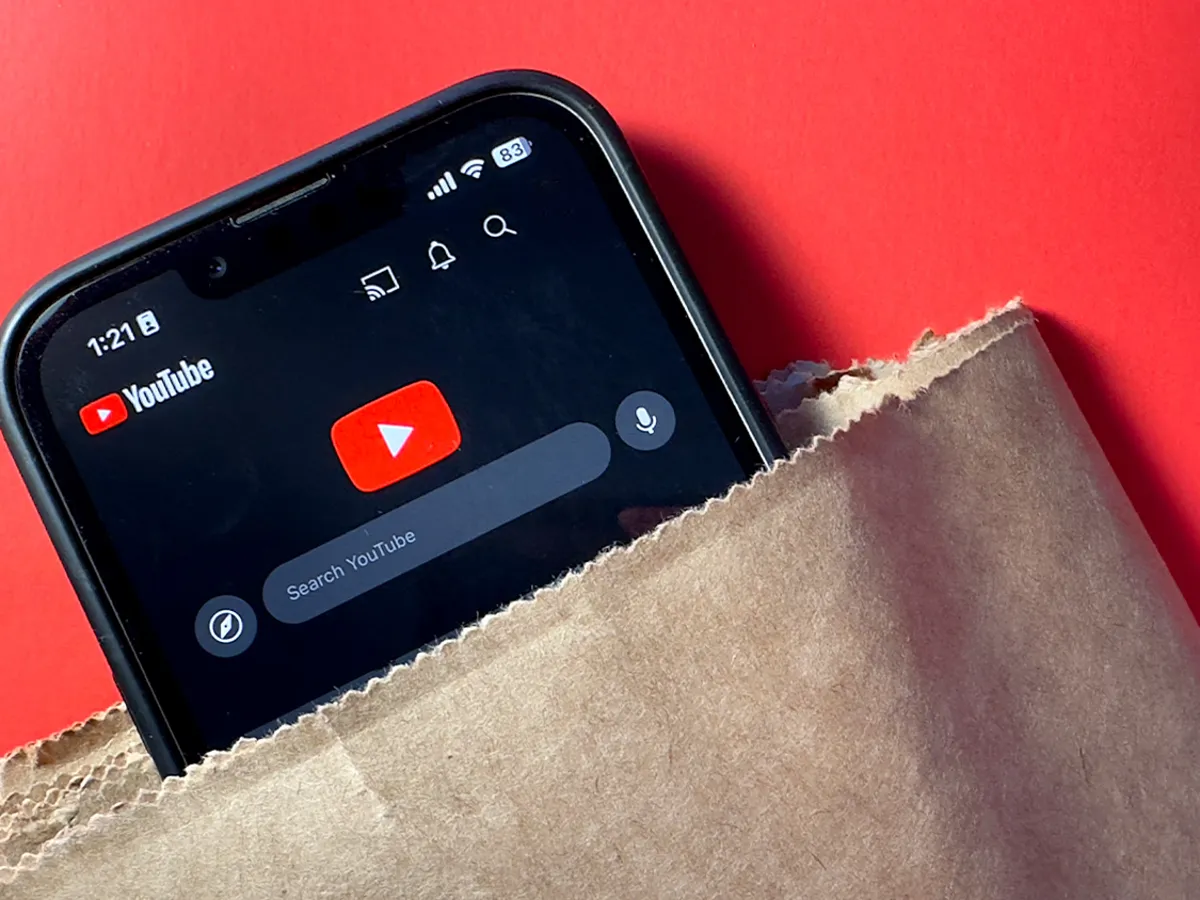According to a blog post published by the business on Tuesday, YouTube will begin to take more aggressive measures against third-party apps that are used to obstruct the advertisements that play before its videos.
“The following content is not available on this app,” according to a notification that users of such apps may encounter when using them, according to the massive video company owned by Google.
Users of privacy-focused browsers like Brave, Firefox, and DuckDuckGo can still watch YouTube videos without any advertising for the time being.

that such actions are against its Terms of Service, YouTube has already issued a warning, threatening to disrupt third-party software that block its adverts for users.
The Google Play Store and the Apple App Store offer third-party ad-blocking programs. They come in handy when surfing the internet so that you can avoid getting sidetracked by annoying pop-up ads or flashing banners.
Google’s Enforcement Strategy
YouTube wants to mess with the experience of users who are using these third-party apps, rather than going after the makers of these apps directly. Viewers utilizing these third-party apps “may experience buffering issues or see the error ‘The following content is not available on this app’ when trying to watch a video,'” the platform cautions users. By making the services they receive worse, this tactic seeks to dissuade customers from depending on these substitutes.
The main justification offered by YouTube for this enforcement is financial and creator-oriented. Not only does YouTube profit greatly from ads, but the producers who rely on the platform for their livelihood also benefit greatly from it.
Applications from Third Parties Featuring Advertisements
Remarkably, YouTube’s position has loosened a little in comparison to prior years when it vigorously battled to prevent third-party apps from being installed on Windows Phone platforms. Third-party apps may now be able to operate lawfully, despite YouTube’s requirements for the display of advertisements. App developers, however, don’t appear to be moving very quickly to implement this strategy.

Users’ and Developers’ Effects
The way outside developers approach creating YouTube clients will probably change as a result of YouTube’s crackdown on ad-blocking third-party apps. Those who have benefited from improved features and ad-free experiences via apps like Vanced and NewPipe may have to modify their expectations and possibly migrate grudgingly toward official channels like YouTube Premium.
Stakeholders in the digital content space will be keenly monitoring the effects of these enforcement actions as YouTube strives to maintain a sustainable environment while also catering to user preferences and creator demands. YouTube’s most recent policy enforcement is a critical turning point in the continuing conversation between platforms, creators, and users—whether it results in changes to the terms of service or a retreat to official apps.
Read more about Youtube ad-blockers here.



